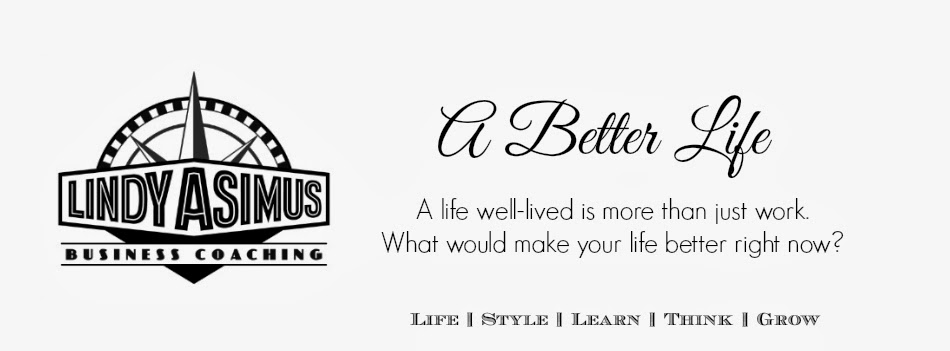Adele's new album is breaking records with the release of her song Hello.
Sadly, this is a scenario that many may have faced.
Sometimes the only 'closure' there is just has to come from the peace we make internally with an event or a relationship from the past.
Sadly, this is a scenario that many may have faced.
Sometimes the only 'closure' there is just has to come from the peace we make internally with an event or a relationship from the past.
What if someone answered? Here's how it might go...
Hello, it's me
I was wondering if after all these years you'd like to meet
To go over everything
They say that time's supposed to heal ya, but I ain't done much healing
No. Not really. Thanks.
Hello, can you hear me?
I'm in California dreaming about who we used to be
When we were younger and free
I've forgotten how it felt before the world fell at our feet
There's such a difference between us
And a million miles
I'm in California dreaming about who we used to be
When we were younger and free
I've forgotten how it felt before the world fell at our feet
There's such a difference between us
And a million miles
(silence)
Hello from the other side
I must've called a thousand times
To tell you I'm sorry for everything that I've done
But when I call you never seem to be home
Yeah. I know.
Please stop calling.
Hello from the outside
At least I can say that I've tried
To tell you I'm sorry for breaking your heart
But it don't matter, it clearly doesn't tear you apart
Anymore
Nuh. Yah. I'm good.
Hello, how are you?
It's so typical of me to talk about myself, I'm sorry
I hope that you're well
Did you ever make it out of that town where nothing ever happened?
Still here. New job. All that stuff.
It's no secret that the both of us
Are running out of time
Yah - well have to go now. Bye.
*click*
Adele repeats what she already said and continues singing with nobody listening
So hello from the other side
I must've called a thousand times
To tell you I'm sorry for everything that I've done
But when I call you never seem to be home
Hello from the outside
At least I can say that I've tried
To tell you I'm sorry for breaking your heart
But it don't matter, it clearly doesn't tear you apart
Anymore, ooooohh
Anymore, ooooohh
Anymore, ooooohh
Anymore, anymore
Hello from the other side
I must've called a thousand times
To tell you I'm sorry for everything that I've done
But when I call you never seem to be home
Hello from the outside
At least I can say that I've tried
To tell you I'm sorry for breaking your heart
But it don't matter, it clearly doesn't tear you apart
Anymore
Perhaps Gilda Radner said it best:
“I wanted a perfect ending. Now I've learned, the hard way, that some poems don't rhyme, and some stories don't have a clear beginning, middle, and end. Life is about not knowing, having to change, taking the moment and making the best of it, without knowing what's going to happen next.
Delicious Ambiguity.”
“I wanted a perfect ending. Now I've learned, the hard way, that some poems don't rhyme, and some stories don't have a clear beginning, middle, and end. Life is about not knowing, having to change, taking the moment and making the best of it, without knowing what's going to happen next.
Delicious Ambiguity.”




















